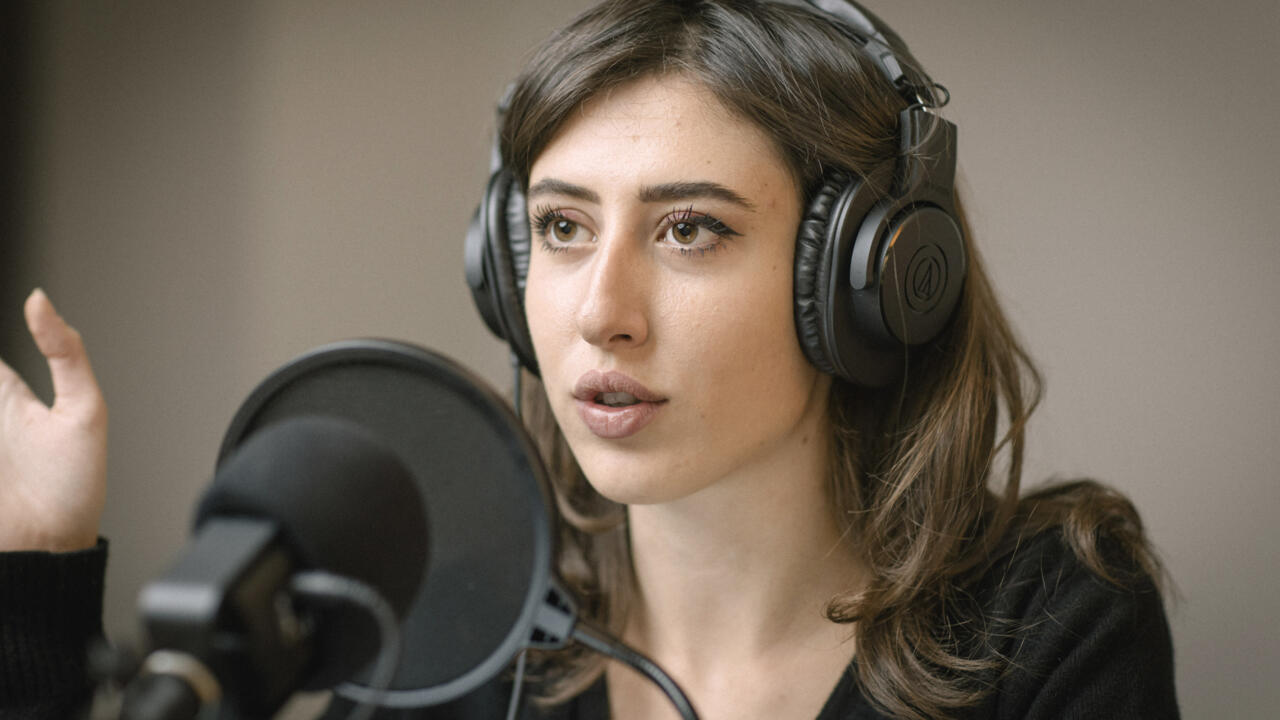Cecilia Sala, an Italian journalist and podcast creator, has found herself at the center of a diplomatic and legal controversy in Iran. Arrested on December 19, 2024, during a professional trip to Tehran, her detention has sparked widespread debate and condemnation, raising questions about press freedom, the rule of law, and international diplomacy.
The Circumstances Surrounding Cecilia Sala’s Arrest
Cecilia Sala, known for her incisive journalism and podcast series, arrived in Iran on December 13, 2024, armed with a journalist visa issued by the Iranian authorities.
She was reportedly in the country to conduct research and interviews for her work, focusing on issues such as patriarchy in Tehran. Her last public activity was a podcast shared on social media on December 17, titled “A conversation on patriarchy in Tehran.”
On December 19, Iranian authorities arrested Sala, accusing her of “violating the law of the Islamic Republic of Iran.” The official statement, released by the IRNA news agency and attributed to Iran’s culture ministry, provided no details about the specific allegations.
This ambiguity has fueled speculation about the reasons behind her detention, with some analysts pointing to her coverage of sensitive topics as a potential trigger.
Read : Iran Leader Khamenei Dubs Women as ‘Delicate Flower’ Amid Hijab Law Controversy
Sala’s arrest took place against the backdrop of heightened scrutiny of foreign journalists in Iran. The Iranian government has long been wary of international media, often accusing journalists of espionage or activities contrary to state interests.
Her detention in Tehran’s infamous Evin prison, known for housing political prisoners and detainees accused of national security violations, has further heightened concerns about her treatment and the charges she might face.
Italy’s Response: Diplomatic and Public Outcry
Italy has swiftly and unequivocally condemned Sala’s arrest, labeling it “unacceptable.” Italian officials, including the Ministry of Foreign Affairs, have expressed deep concern over her detention and the lack of transparency surrounding the charges.
Paola Amadei, Italy’s ambassador to Tehran, has been actively involved in the case, visiting Cecilia Sala in prison and advocating for her release.
Chora Media, the Italian podcast publisher for which Cecilia Sala works, has also raised its voice, highlighting her professionalism and adherence to journalistic ethics.

Sala’s scheduled return to Rome on December 20 underscores the fact that her visit was planned and authorized, leaving little room to doubt her intent to comply with Iranian laws.
The arrest has sparked widespread outrage in Italy, with calls for stronger action to secure her release. Italian civil society, media organizations, and human rights groups have joined forces in demanding transparency and accountability from the Iranian authorities.
Sala’s case has become emblematic of the broader struggle for press freedom and the safety of journalists working in restrictive environments.
Broader Implications of Cecilia Sala’s Detention
Cecilia Sala’s arrest is not an isolated incident but part of a larger pattern of restrictions on press freedom in Iran. The country has consistently ranked among the lowest globally in indices measuring freedom of the press, with journalists facing harassment, imprisonment, and even execution in extreme cases.
The government’s suspicion of foreign journalists often leads to allegations of espionage, a charge that carries severe penalties under Iranian law.
This incident also underscores the precarious position of female journalists in Iran. Sala’s focus on gender-related issues, such as patriarchy, may have been perceived as a challenge to societal norms or state authority. Her detention reflects the risks journalists face when tackling subjects deemed sensitive or controversial by the Iranian regime.

From a diplomatic perspective, Sala’s case has strained Italy-Iran relations. While Italy has historically maintained a pragmatic approach to its dealings with Iran, this arrest has introduced tensions that could impact future cooperation.
It also serves as a stark reminder of the challenges democratic nations face in balancing engagement with regimes that exhibit authoritarian tendencies.
Finally, Sala’s case highlights the critical importance of international solidarity and advocacy in protecting journalists. Organizations like Reporters Without Borders and the Committee to Protect Journalists play a vital role in bringing attention to such cases and applying pressure on governments to uphold press freedoms.
Sala’s situation is a call to action for the global community to defend the rights of journalists and promote accountability in countries where these freedoms are under threat.
Cecilia Sala’s arrest in Iran has drawn attention to the complexities of working as a journalist in challenging environments. Her detention not only raises questions about her specific case but also serves as a broader commentary on press freedom, international relations, and the role of media in authoritarian contexts.
As Italy continues its efforts to secure Sala’s release, her case remains a poignant reminder of the risks journalists face in the pursuit of truth.

